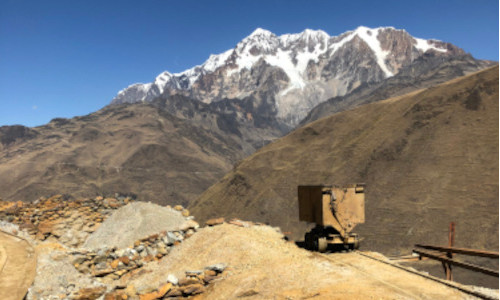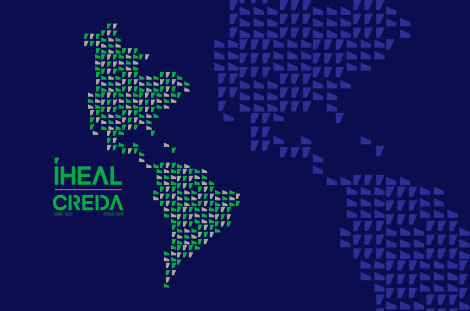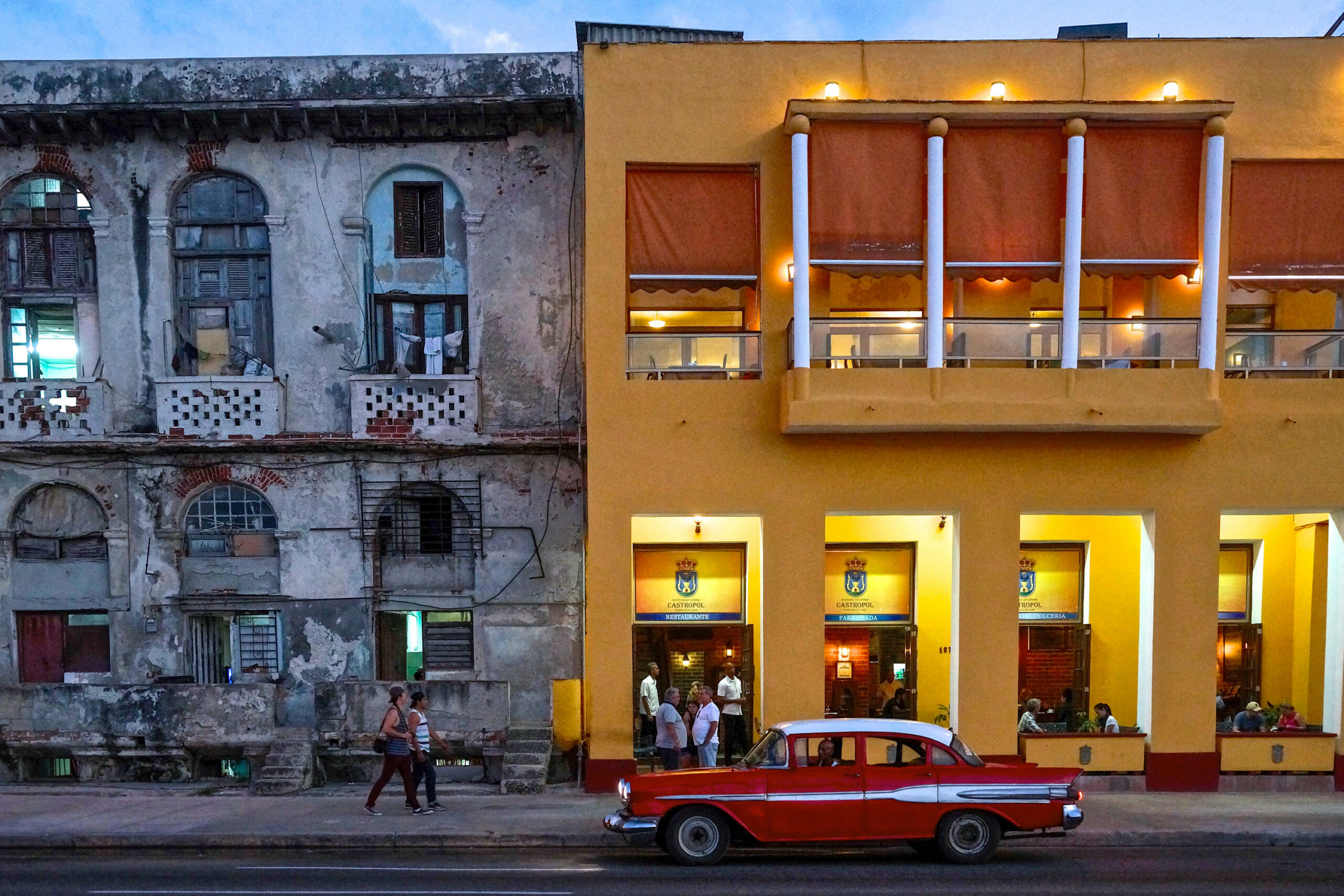The ECOBOOM project aims to analyze how the imperatives of the energy transition to decarbonize the global economy (Damonte & Schorr 2022) are not only generating a boom in the extraction of so-called transition resources (lithium, cobalt, rare earths, nickel, etc.), but are also disrupting the extraction, legal or not, of other resources not directly linked to the transition, such as gold. The objective is to provide a global analysis of the current transformations of the mining sector from the extractive territories to the national and international
scales, to study the effects of the energy transition on the modes of resource exploitation, in their economic, environmental and technical aspects as well as in their forms of material, political and social organization.
These processes are examined in terms of ecologization, defined as the cognitive and normative reframing aimed at an ecological reorientation of social norms and practices in a given sector (agriculture, tourism, etc.) (Ginelli 2017), and the processes by which the environment is taken into account in public policy and in industry (Mormont 2013). With regard to mining, we will discuss the hypothesis of the ecologization of resources.
In a context of growing awareness of intensifying climate change and finite resources, necessitating a systemic ‘great transition’ involving the way we produce energy that is ecological, political and legal (Renouard et al. 2020), the project aims to investigate the transformation of norms of ethics and justice (distributive, procedural, environmental, restorative, Daré & Ba, in press) in the energy transition, and how these contribute to shaping extractive territories, modifying corporate practices (public and private) and transforming the circuits of production, processing and marketing of minerals (Arboleda 2020; Grajales & Vadot 2020; Loloum et al. 2021; Allain & Maillet 2021).
The teleological narrative of the energy transition about the need for divestment from fossil fuels ignores the issue of the abundance of supplies of ‘energy transition metals’ (ETMs) and other raw materials (Pitron 2018; Bainton et al. 2021). This is in line with a set of policies and narratives that minimize or negate the crisis, ignoring the risks of increasing historical injustice and marginalization. Just as mining capitalism in the 19th century legitimized the ‘sacrifice’ of industrial territories in the name of national public interest (Letté & Le Roux 2013), today new territories are being sacrificed in the name of the transition and global public interest (Shade 2015). This decoupling is particularly visible in the mining sector, as this is both the cause of the ‘carbonization’ of the
global economy (Malm 2016) and the lever for its decarbonization. In social terms, mining has been the historical driver of successive phases of accumulation and is still the fallback solution for a growing number of working poor who end up laboring in the artisanal mines of the Global South (Smith 2022).
The study of the mining boom legitimized by the energy transition must therefore also take into account the boom in artisanal and small-scale mining (ASM) (Le Tourneau 2022) within the broader transformation of the mining sector (Filer & Le Meur 2017). This perspective makes it possible to go beyond the study of energy transition to include these processes in the more systemic project of ‘great transition’ in terms of environmental, social and global North/South justice.



